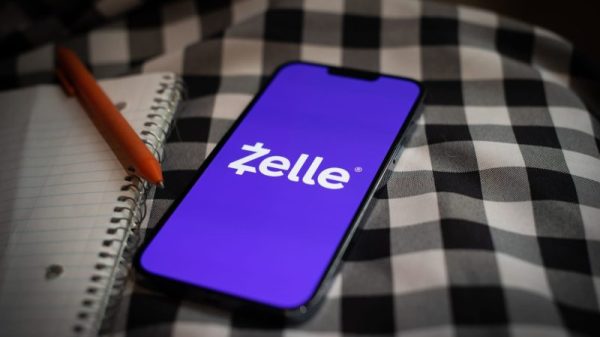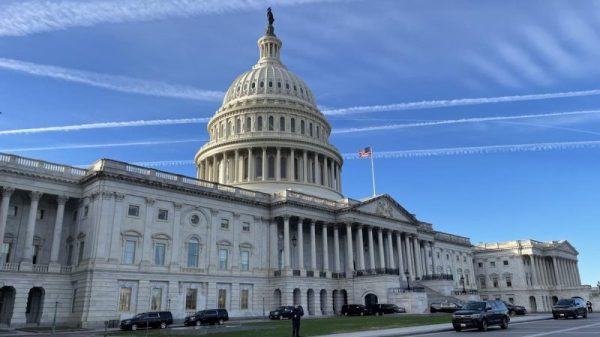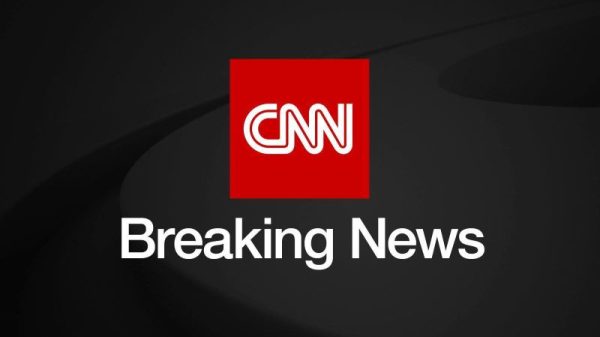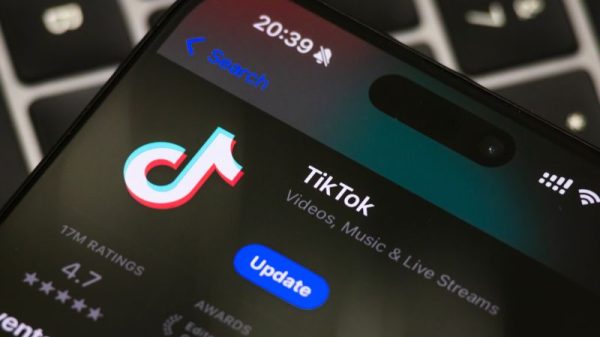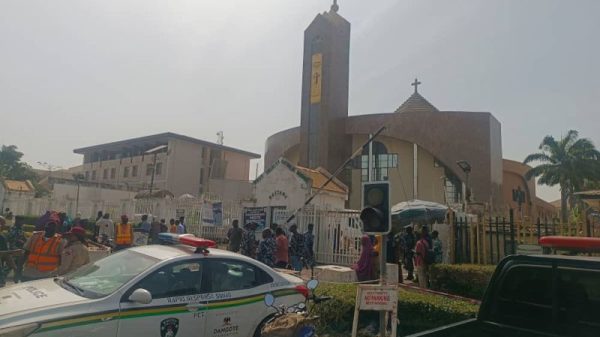A stretch of uninhabited, low-lying reefs in the South China Sea is fast becoming a dangerous new flashpoint between China and the Philippines, dealing a blow to recent efforts to de-escalate tensions in one of the world’s most vital waterways.
Over the past week, Chinese and Philippine vessels have engaged in multiple collisions and face-offs near Sabina Shoal, a disputed atoll lying just 86 miles from the Philippines’ west coast and 745 miles from China, which claims almost all of the South China Sea as its sovereign territory despite an international ruling to the contrary.
The violent confrontations came just weeks after Beijing and Manila struck a temporary deal to lower tensions that had been rising all summer at another nearby reef, where China’s increasingly aggressive tactics had raised alarm across the region as well as in Washington, a mutual defense ally of the Philippines.
Renewed tension in the South China Sea is expected to be on the agenda of meetings between US national security adviser Jake Sullivan and Chinese Foreign Minister Wang Yi during Sullivan’s visit to China this week.
Following a particularly violent encounter at the Second Thomas Shoal in June, which saw Chinese coast guard personnel brandishing axes at Filipino soldiers and slashing their rubber boats, Chinese and Philippine officials sat down for talks and agreed to de-escalate.
For a while, tensions appeared to be cooling, but the detente proved short lived.
On August 19, in the middle of the night, coast guard ships from China and the Philippines collided near Sabina Shoal. Manila said the Chinese ships rammed into its vessels, tearing a 3.6-foot hole in one and a 3-foot-wide gap in another. Beijing blamed the Philippines for the collisions.
Then, last Sunday afternoon, another clash took place, with the Philippines accusing China of ramming and firing water cannons at a vessel from its fisheries bureau in an encounter with eight Chinese ships, including a warship from the People’s Liberation Army Navy. China said the Philippine ship “refused to accept control” by a Chinese coast guard vessel and “deliberately collided” with it.
The following day, in yet another tense encounter, the Philippines said China deployed “an excessive force” of 40 ships – including three PLA Navy warships – to block two Philippine Coast Guard vessels. Beijing said it took “control measures” against two Philippine ships that “intruded” into waters near Sabina Shoal.
Analysts say Sabina Shoal is fast becoming the latest confrontation zone in what is already a highly contested part of the world, where a mistake could quickly spiral into a conflict with hugely damaging consequences.
“All indications seem to point to the fact that this is an emerging third flashpoint” after the Second Thomas Shoal and another atoll to the north named the Scarborough Shoal, said Collin Koh, research fellow at the S. Rajaratnam School of International Studies in Singapore.
“Manila is trying to avoid what they call a repeat of the Scarborough Shoal,” which China seized in 2012 after a long standoff with the Philippines and on which it has maintained a permanent presence since, Koh added.
China, on the other hand, is trying to see off another Second Thomas Shoal, where the Philippines ran aground a World War II-era ship in 1999 to stake its claim over the reef and has stationed a small group of marines since.
The violent clashes around Second Thomas Shoal earlier this summer occurred during Beijing’s attempts to block Manila’s missions to resupply its soldiers stationed on the rusting BRP Sierra Madre.
Resupply missions
A similar blockade is playing out at Sabina Shoal, which is about 40 miles closer to the Philippine coast than the Second Thomas Shoal. Both lie within the Exclusive Economic Zone (EEZ) of the Philippines.
Since April, the Philippines has deployed a coast guard vessel to Sabina Shoal to monitor what it said were signs of China’s illegal land reclamation activities, after Filipino scientists discovered piles of crushed corals on the sandbars amid an increased presence of Chinese ships in the area. China has denied the accusation.
Displacing 2,300 tons, the 318-foot-long BRP Teresa Magbanua anchored at Sabina Shoal is one of the two largest ships that the Philippine Coast Guard has and is its flagship. Acquired from Japan in 2022, it is also one of the newest ships in Manila’s fleet, carrying a crew of 67.
“This has really annoyed China and they want that (Philippine) vessel to go away,” said Ray Powell, director of SeaLight, a maritime transparency project at Stanford University’s Gordian Knot Center for National Security Innovation.
“China refers to it … as a ‘quasi-grounding,’ so they’re basically treating it like it’s the Sierra Madre all over again even though it is not grounded, it’s anchored.”
And Beijing has been gradually upping the pressure on Manila.
In July, China anchored one of its “monster” coast guard ships, the 12,000-ton CCG-5901, near Sabina Shoal. The CCG-5901 is more than five times the size of the Philippines’ Teresa Magbanua and larger than any other regular coast guard ship in the world.
“Initially the Chinese were trying to warn Manila to roll back at Sabina Shoal. That’s why they send the monster ship just to create an impression,” Koh said.
“But the Filipinos were sitting still and not moving at all. So I guess the Chinese likely have reached a point where they concluded that they need to up the pressure on the Filipinos, which is why we saw what’s happening recently.”
In recent weeks, Chinese state media have accused the Philippines of trying to establish a long-term presence at Sabina Shoal to occupy the reef and indicated that China will not allow any resupply missions to proceed.
“China will never be deceived by the Philippines again,” Chinese state news agency Xinhua said in a commentary about the Sunday faceoff, citing Manila’s grounding of the Sierra Madre at the Second Thomas Shoal back in 1999.
On Monday, the Philippine Coast Guard said it had deployed two ships on a “humanitarian mission” to deliver vital food and supplies to its personnel stationed abroad the Teresa Magbanua, including “a special ice cream treat” in honor of the country’s National Heroes’ Day.
(Teresa Magbanua, one of the heroes commemorated on the day, was one of the few women to lead Filipino troops in battles against Spanish colonizers during the Philippine Revolution and against American forces in the Philippine-American war.)
But the mission failed due to the obstruction of 40 Chinese ships, according to the Philippine Coast Guard.
If China continues to block the Philippines from resupplying the Teresa Magbanua with food, water and fuel or rotating its crew, the Philippine ship will have to sail away, Powell said.
‘High-stakes game’
For now, neither Beijing nor Malina appear willing to back down.
“It’s a high-stakes game for Manila,” Koh said. “The domestic circumstances all point to the very fact that now Sabina Shoal is where you could not yield an inch to the Chinese… Marcos Jr is definitely right on the chopping board for that,” he added, referring to Philippine President Ferdinand Marcos Jr.
Since coming to power in 2022, Marcos Jr has strengthened Manila’s alliance with the US and increasingly challenged China’s expansive claims in the South China Sea, which an international tribunal said had no legal basis in a landmark ruling in 2016.
His predecessor Rodrigo Duterte, a firebrand populist who launched a notoriously brutal anti-drug war, favored a much warmer relationship with Beijing and was much less willing to confront Beijing over the South China Sea.
Manila’s current “transparency initiative” to expose China’s growing assertiveness in the disputed waters has won it international support, especially from Western countries, but Beijing is not deterred by negative press, Powell said.
“China seems to be speeding up its agenda for taking control of West Philippine Sea features,” he said. “They have the capacity and they have the will, and they have not seen anything yet that says to them that the cost is going to be too high.”
Meanwhile, both Beijing and Manila are watching closely for how Washington will react.
American officials have repeatedly pledged to defend the Philippines from any armed attack in the disputed waters, stressing Washington’s “ironclad commitment” to a 1951 defense treaty between the two allies.
Samuel Paparo, commander of the US Indo-Pacific Command, said Tuesday that American ships could escort Philippine vessels on resupply missions in the South China Sea, describing what he called an “an entirely reasonable option” that required consultation between the treaty allies, according to Reuters.
But being dragged into another global conflict will not be in US interests, especially in the run-up to its presidential election, Koh said, adding that Washington is already occupied with Russia’s invasion of Ukraine and the raging war between Israel and Hamas in Gaza.
“The Chinese know that Manila has very limited options if they could not depend on US help,” Koh said. “China is deliberately escalating the situation, with a likely intention to test how far Washington would support Manila.”







